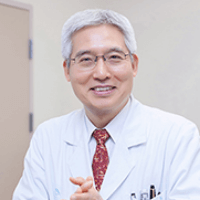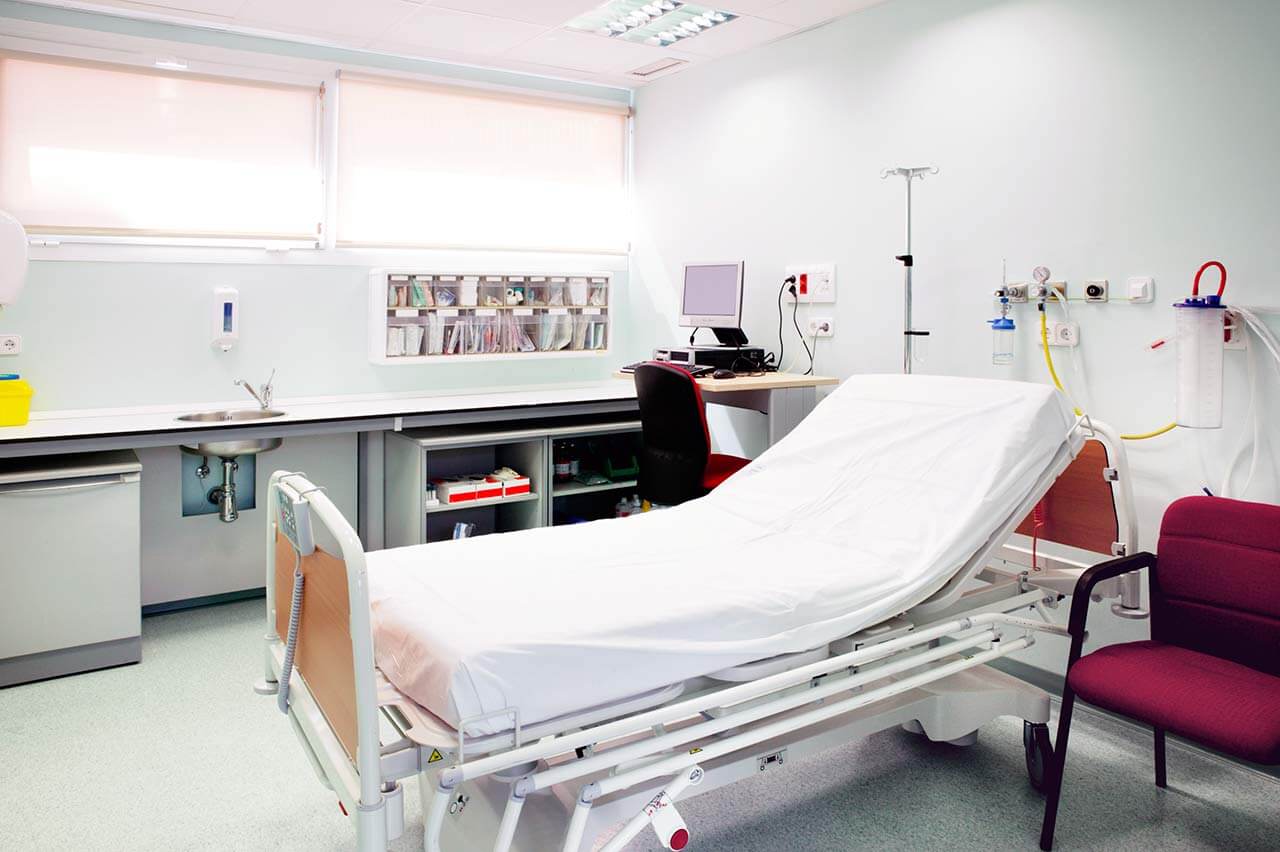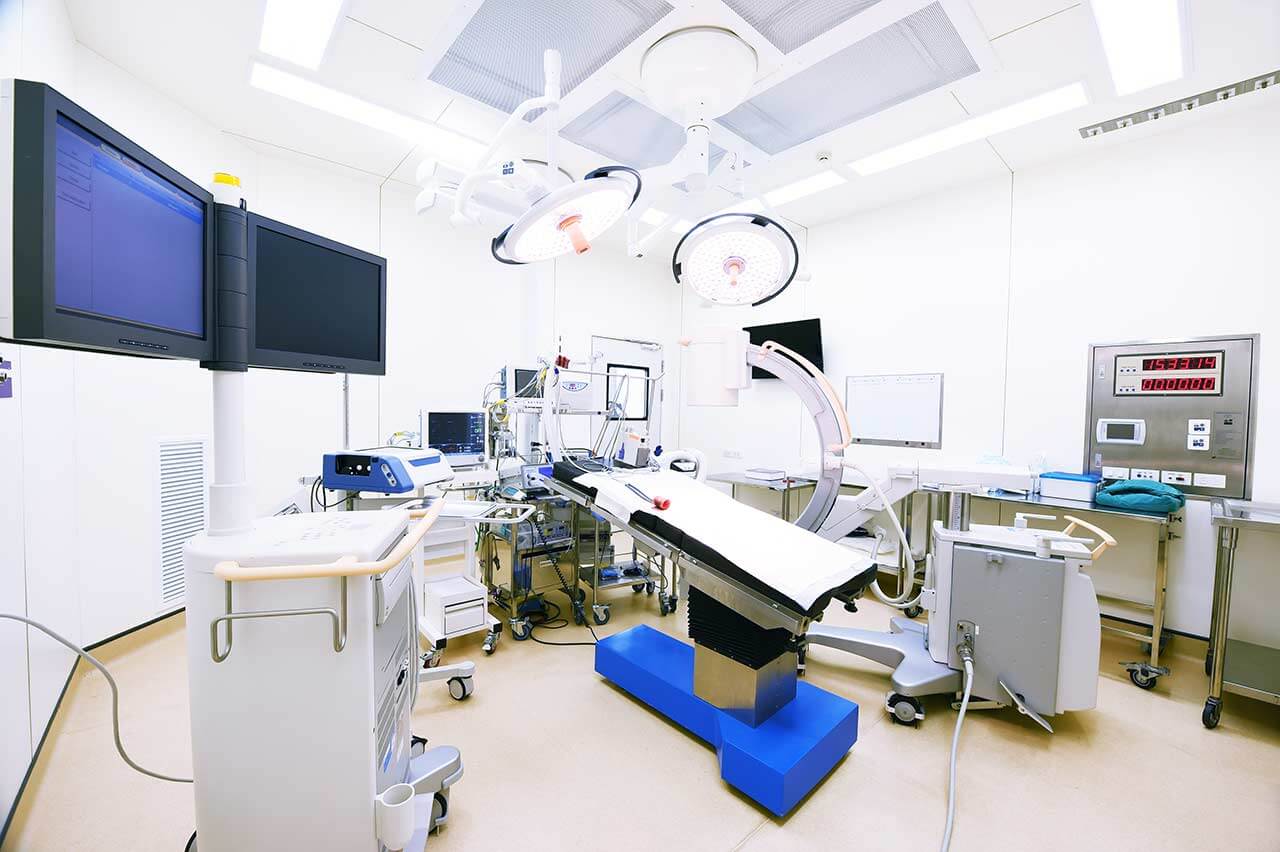
The program includes:
- Initial presentation in the clinic
- clinical history taking
- review of medical records
- physical examination
- laboratory tests:
- complete blood count
- general urine analysis
- biochemical analysis of blood
- inflammation indicators (CRP, ESR)
- indicators blood coagulation
- neurological examination
- functionality x-ray
- CT/MRI scan
- neuropsychological tests (on indications):
- ENMG (electroneuromyography)
- EEG (electroencephalography)
- SEPs (somatosensory evoked potentials)
- VEPs (visually evoked potentials)
- BAEP tests (brainstem auditory evoked potential)
- preoperative care
- microsurgical resection of acoustic neuroma
under neuronavigation - histologically examination of the remote tissues
- postoperative MRI control
- symptomatic treatment
- control examinations
- the cost of essential medicines and materials
- nursing services
- full hospital accommodation
- developing of further guidance
Required documents
- Medical records
- MRI/CT scan (if available)
Service
You may also book:
 BookingHealth Price from:
BookingHealth Price from:
About the department
The Department of Neurosurgery at the Asan Medical Center offers the full range of diagnosis and surgery of the brain and spinal nerves. The department specializes in treatment of all kinds of tumors that develop within the brain tissue or other soft tissue inside the cranium as well brain metastases of other tumors. The department also offers diagnosis and treatment of patients with pituitary disorders and cooperates with the Scoliosis Center. The department is head by Dr. Do-hoon Kwon.
The department has one of the largest brain tumor-specialized centers in Asia. Annually, the Brain Tumor Center treats around 1,200 patients with all kinds of brain tumors. It provides a broad range of treatment options including all aspects of therapeutic modalities such as skull base surgery, endoscopic operation, neuro-oncologic clinical trials, stereotactic radiosurgery, and neuroendocrine treatment.
The primary treatment option for many brain tumors such as meningiomas, schwannomas and pituitary adenomas is surgery. To maximize safety in brain tumor surgery, various advanced technologies are applied in both preoperative and intraoperative stages such as functional MRI, neurophysiologic monitoring, neuronavigation and intraoperative ultrasound and CT. In the postoperative treatment, such options as chemotherapy, radiotherapy including stereotactic radiosurgery, targeted therapy and new biologic therapies are available.
The department is equipped with the cutting-edge radiosurgery systems, Gamma Knife Icon, and CyberKnife Version 9.5.
Main focuses of the department include:
- Diagnosis and treatment of brain tumors
- Treatment of benign tumors such as meningiomas, schwannomas, pituitary adenomas, etc.
- Treatment of malignant tumors such as high-grade gliomas, medulloblastomas, etc.
- Diagnosis and treatment of patients with pituitary disorders
- Diagnosis and treatment of patients with of all types of infantile and adolescent scoliosis (idiopathic, congenital and neuromuscular) as well as other pediatric spinal disorders
- Diagnosis and treatment of other diseases
Curriculum vitae
Education
- Doctor of Medicine, Seoul National University.
- Master of Medicine, Seoul National University.
- Bachelor of Medicine, Seoul National University.
Major Professional Experiences
- Professor in Neurosurgery, UUCM AMC.
- Associate Professor in Neurosurgery, UUCM AMC.
- Assistant Professor in Neurosurgery, UUCM AMC.
- Visiting Professor in Neurosurgery, College of Medicine, Tohoku University Sendai, Japan.
- Clinical Fellowship in Neurosurgery, UUCM AMC.
- Research Fellowship in Neurosurgery, Zurich Univ. Hospital, Zurich, Switzerland.
- Residency in Neurosurgery Seoul National University Hospital.
- Internship in Seoul National University Hospital.
Photo of the doctor: (c) Asan Medical Center
About hospital
Asan Medical Center is Korea’s largest medical institution, with 1,600 physicians and surgeons, 3,100 nurses, 2,680 beds, and 67 operating rooms, occupying more than four million square feet (about 371,600 square meters). A typical day at AMC sees 2,500 inpatients and 10,000 outpatients treated. The center specializes in treatment of heart diseases, cancer, digestive diseases, health screening and promoting as well as organ transplantation which is carried out within the corresponding centers of excellence.
In addition to the five above mentioned centers of excellence, the center also specializes in orthopedics (95 percent success rate for hip and knee replacements), treatment of Infectious diseases caused by microorganisms (bacteria, viruses, parasites, and fungi). The center occupies the first positions in the field of oral and maxillofacial surgeries (Department of Dentistry) and implantology. Apart from that, Asan’s Department of Reproductive Medicine and the Infertility Clinic work together as world leaders in assisted reproductive technologies. The Department of Plastic Surgery and the Asan Aesthetic Center offers a broad range of reconstructive and cosmetic surgeries.
Consistent pursuit of cutting-edge medical technology and devotion to patient-centered care has brought AMC many honors and awards. Perhaps its most prestigious honor is being named Korea’s Most Admired Hospital for five consecutive years (2007–2011) by the Korea Management Association Consulting. The Ministry of Health, Welfare, and Family Affairs repeatedly recognized Asan as a Highest Quality of Care Hospital, and in 2009 granted it the Grand Award for Korean Medical Travel, as a hospital well prepared for international patients.
Photo: (с) depositphotos
Accommodation in hospital
Patients rooms
Asan offers five different types of rooms, from budget-conscious multibed units up to VIP suites. All rooms include:
- electronically adjustable beds
- personal nurse call system
- bedside patient-controlled room light and TV
- individual cable TV including Korean, English, and foreign-language programming
- guest chair
- personal telephone for local and international calls
Meals and Menus
Asan also provides patients and visitors with a broad range of gastronomic offerings. The restaurants of the medical center serve Korean, Western, Japanese and Chinese cuisine.
Further details
Standard rooms include:




